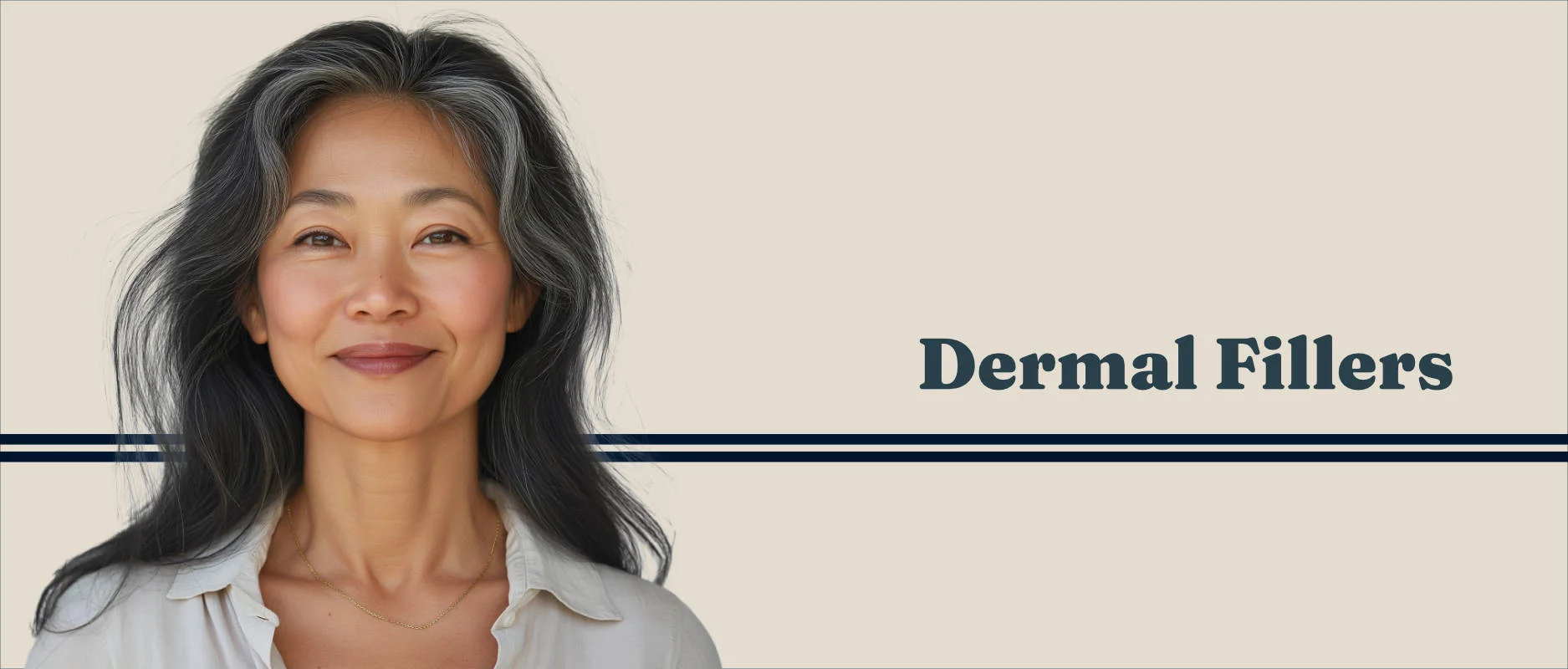
Physician-led dermal filler treatments by Dr. Cristina Caridi. Focused on restoring facial balance without overfilling. Care is offered as private in-home visits or in-office appointments in our Gowanus clinical space, using advanced hyaluronic acid fillers like RHA and Juvederm.
Whether you want to add shape to the lips, contour the cheeks, or smooth deeper folds, every treatment is designed to look natural and feel effortless-never overdone.
This treatment should be repeated every 4-6 months.
Note
Most areas require 1-2 syringes
Starting at
$600/syringe
Before your dermal filler appointment, avoid anti-inflammatory medications (ex. ibuprofen, aspirin, naproxen) and blood thinners (ex. warfarin, Plavix) for a few days unless prescribed by your doctor. These can increase the chance of bruising. In addition, plan your treatment at least 1–2 weeks before major events, as mild swelling or redness is normal. By following these filler before-care steps, you’ll help your skin recover smoothly and support long-lasting, natural results.
After your filler injections, avoid pressing or massaging the treated area for the first 24 hours. Furthermore, skip intense workouts, saunas, or lying face-down right after your visit. Some mild swelling or tenderness is expected, especially after lip or under-eye filler; however, this will fade within a few days. Therefore, keeping the area clean and following these filler aftercare steps helps you heal comfortably and enjoy refined, natural-looking results.

Dermal fillers restore soft volume, balance proportions, and refine natural contours across the face. Treatments are fully personalized, from adding shape to the lips and lift to the cheeks, to softening folds and defining the jawline. Each area is approached with precision to enhance harmony and maintain your natural expression.
Dermal fillers are injectable gels, most commonly made from hyaluronic acid, that restore lost volume, smooth wrinkles, and enhance facial contours. The hyaluronic acid attracts water and integrates with your tissue, providing natural-looking lift and hydration.
Results typically last 6 to 12 months, depending on the product used, the treatment area, and how your body metabolizes hyaluronic acid. Areas with more movement, like the lips, may fade sooner, while deeper fillers in the cheeks or chin can last longer.
Lip filler migration occurs when filler moves outside the intended area, often creating puffiness above the lip or blurred borders. It can result from overfilling, improper injection depth, or using filler that is too soft for the area. Following aftercare instructions and choosing an experienced injector helps prevent it.
Yes. If filler has migrated, it can be safely dissolved using an enzyme called hyaluronidase, which breaks down hyaluronic acid-based fillers. Most people see improvement after one or two sessions, and new filler can be placed after about two weeks once the tissue has healed.
Yes, when performed by a qualified medical professional using FDA-approved products, dermal fillers are very safe. Temporary side effects such as mild swelling, redness, or bruising are common. Serious complications like infection or vascular occlusion are rare but highlight the importance of medical expertise.
Maintain results by staying hydrated, avoiding excessive sun or heat exposure, and scheduling maintenance treatments as recommended. Using gentle skincare and avoiding frequent filler top-ups too soon can also help preserve your results and prevent migration.
Enhance lips, cheeks, and facial contours with dermal fillers for a natural, balanced look.